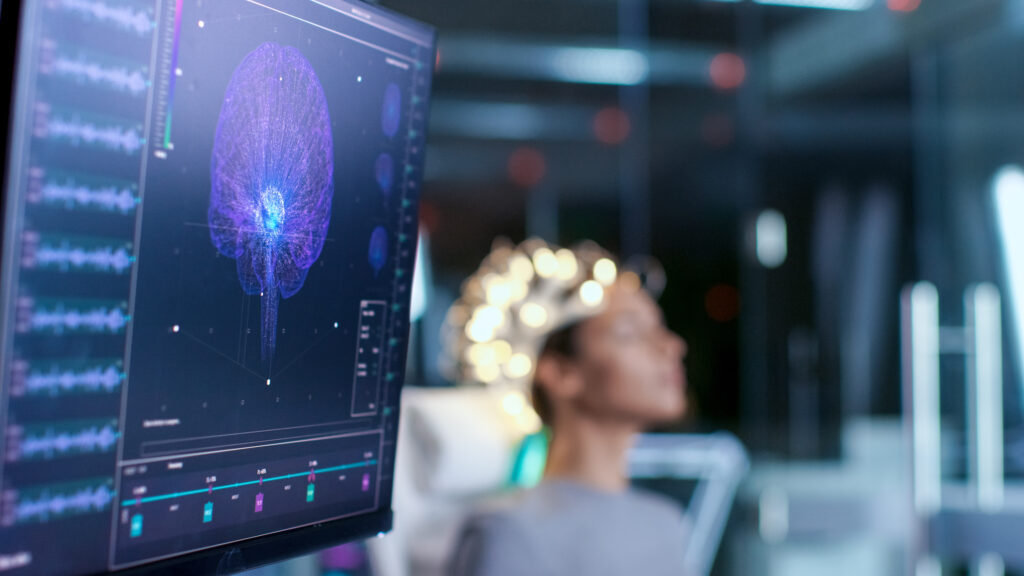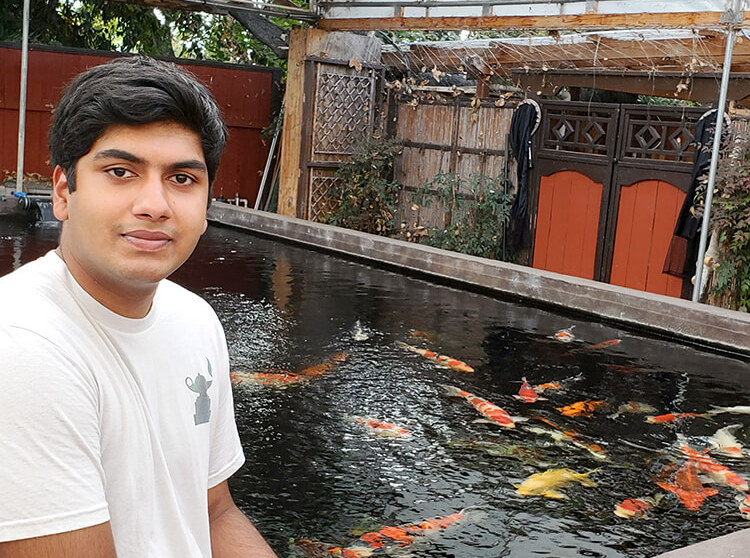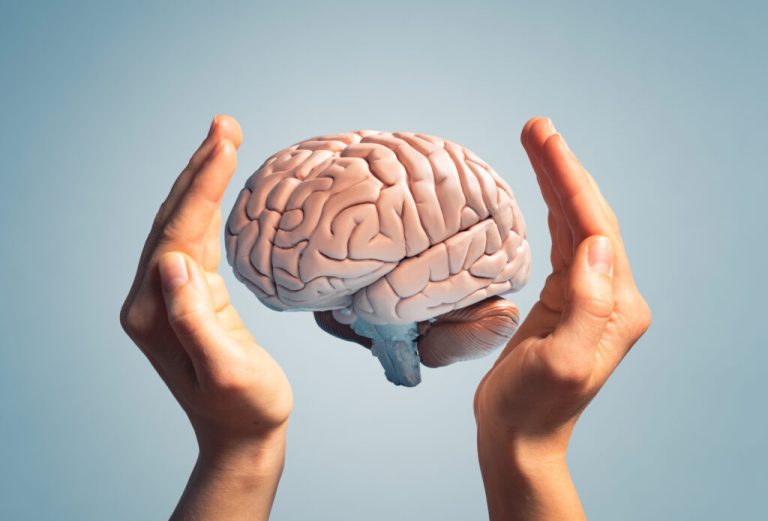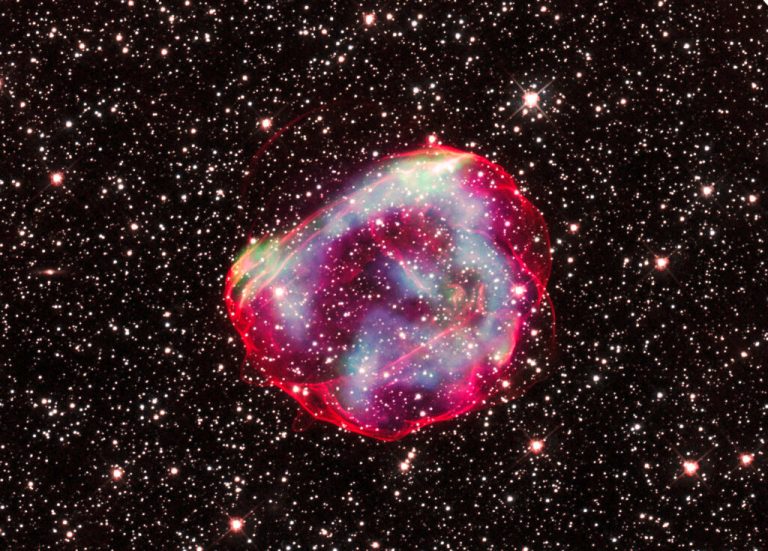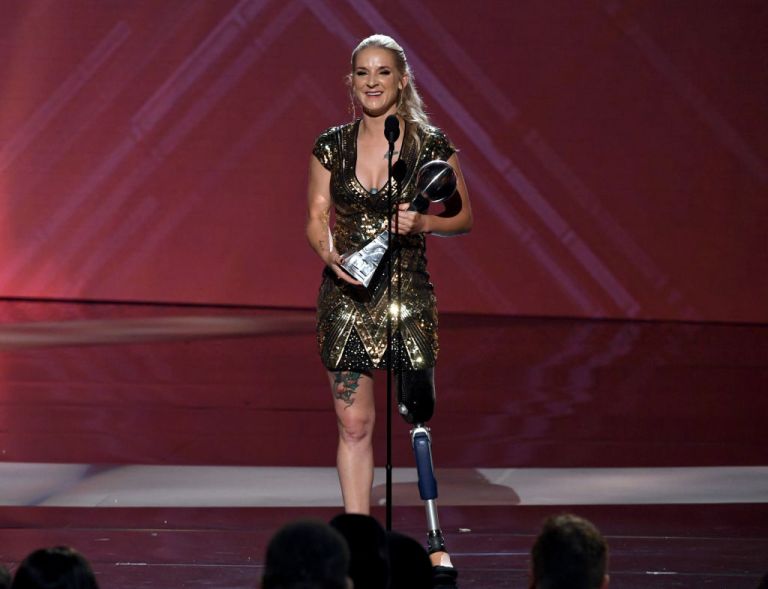Multiple studies have determined that sleep plays an active role in our ability to form memories and recall information, something anyone who’s stayed up all night before an exam can attest to. But the mechanics of that connection have yet to be definitively proven. Now, researchers have provided the first physiological evidence of how the brain consolidates memories during sleep — and they did so with the help of a little electricity.
Publishing their work in Nature Neuroscience on June 1, scientists from the University of California, Los Angeles and Tel Aviv University found that deep-brain electrical stimulation via brain electrodes during non-REM sleep increased study participants’ ability to recall information they learned the night before.
The experiment, which took place over two nights and mornings, confirmed a dominant theory suggesting that the brain’s memory center, the hippocampus, interacts with the cerebral cortex during sleep to help transform experiences into long-lasting memories.
“This provides the first major evidence down to the level of single neurons that there is indeed this mechanism of interaction between the memory hub and the entire cortex,” study author Dr. Itzhak Fried said in a press release from UCLA. “It has both scientific value in terms of understanding how memory works in humans and using that knowledge to really boost memory.”
On the first night of the study, 18 adults with epilepsy were shown paired images of animals and easily recognizable celebrities like Jack Nicholson and Marilyn Monroe. They were tested immediately after being shown the photos, and again the following morning after a night of undisturbed sleep. On the second night, the process was repeated with new pairings, but targeted electrical stimulation was delivered as they slept. Each participant performed better on the test after having received the stimulation than they did without it.
RELATED: An Optimistic Outlook on Aging Could Help With Memory Loss: Study
“We found we basically enhanced this highway by which information flows to more permanent storage places in the brain,” Fried, a professor of neurosurgery, psychiatry, and biobehavioral sciences at the David Geffen School of Medicine at UCLA, added in the release.
Though the participants all had epilepsy — the electrodes had been implanted in their brains in a separate effort to understand the source of their seizures — Fried believes his team’s research has broad applications in understanding memory in general, and memory disorders like Alzheimer’s disease.
“We know for instance that in patients with dementia, with Alzheimer, sleep is not working very well at all,” he told NPR. “The question is whether by changing the architecture of sleep, you can help memory.”
Fried has been working in the field of memory for years, publishing a paper in 2012 that showed deep-brain electrical stimulation on awake people enhanced memory. Now, he’s interested in taking his research further. He’s the recipient of a $7 million grant from the National Institutes of Health to study whether artificial intelligence can be used to “pinpoint and strengthen specific memories in the brain,” per the UCLA release.
“In our new study, we showed we can enhance memory in general,” he added. “Our next challenge is whether we have the ability to modulate specific memories.”
